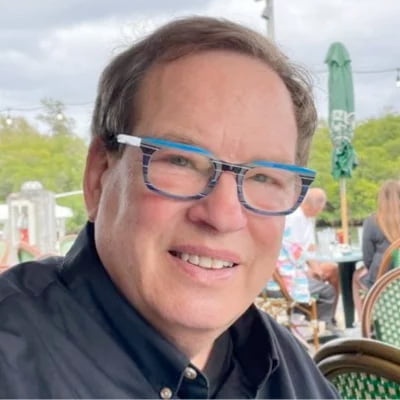It’s been four years since Spotify spent $100 million or so for exclusive rights to The Joe Rogan Experience. The deal was the apex of Spotify’s expensive gamble on podcasting, which also included the acquisition – and subsequent folding – of Gimlet Media and Parcast, the addition of The Ringer, and the signing of a raft of celebrities and prominent podcasts to exclusive deals, plus investments in podcast ad sales and the Anchor publishing platform.
Back in 2020, exclusivity was a big deal for podcast companies. New subscription services were popping up almost daily, with promises of killer content and big-name celebrity hosts. Some still exist, but others sort of came and went, and that raises a few questions: Was exclusivity worth the expense? Was the subscription model sustainable? Do celebrities attract listeners to podcasts?
Okay, one at a time. Exclusivity? The answer is… probably not. Spotify’s podcast operation is close to profitability, but Spotify shows like The Joe Rogan Experience and Call Her Daddy are now widely available on other podcast platforms. Honestly, the whole exclusivity thing made little sense when the shows are also available on YouTube for free.
If you think a show is worth millions because it generates enough revenue to support the price tag, then it’s a good investment. While I’m not privy to the actual numbers, I imagine Rogan’s show is profitable enough to justify the contract renewal, exclusive or not. Generally, though, I don’t think exclusivity for big-name shows is enough of an incentive for people to pay for a subscription. The traditional relationship – publisher oversees show, places it on every platform, sells ads – is still dominant, and the Joe Rogan deal didn’t change that.
That brings us to the subscription model. Streaming video – Netflix – has taken a big chunk out of the discretionary cash the average consumer has available for entertainment. So have Spotify and Apple Music, and subscribers are there for the music, not podcasts. SiriusXM is still a thing, with a decades-long relationship with most major car manufacturers, and even they are feeling some pinch as Apple Car Play and Android Auto make car buyers wonder why they need satellite radio (or its streaming app) when they can just play Spotify through their car system.
Now, will people have any money left over for podcasts? Moreover, given the history, can enough people be convinced to pay for what they used to get for free? Are most podcasts compelling enough to justify yet another monthly fee? I don’t think so – I think that, ultimately, advertising and listener donations are going to continue to be how podcast monetization works.
As was the case for newspaper websites and so many other attempts at monetizing the web, the grand mistake was to give the content away for free in the first place. Once people get used to free, they’re hard to convert to paid. A few have succeeded, but most have not. “I can live without it” is what the audience is thinking. You gotta give them something they feel they need to have for them to pony up. More of the same won’t do the job.
Are celebrity hosts the answer? Will people sign up for a service because a big-name host is on it? It worked for SiriusXM when Howard Stern moved there, but that was 20 years ago. Really. It’s been 20 years since he signed that contract. Anyway, just as it was in radio, the number of celebrities who are both good enough and committed enough to host a podcast is small, very small, and the number who can draw an audience on name alone is also small. In fact, celebrity itself is smaller than it used to be.
The A-List has shrunk, Hollywood is not generating universally-known personalities, younger audiences are more attuned to TikTok and YouTube “stars” with very short shelf lives… and, having lived through trying to turn several celebrities into radio hosts, I can tell you that it’s just not worth the trouble. The audience doesn’t care that the host is a member of the Royal Family if the show’s boring. You’re better off looking at people with strong, loyal followings on social media; their audiences will come along for the ride at first, and if the show’s any good, they’ll stick around.
With all of that, the podcasting segment is still one of the most interesting parts of the media, and there’s still growth ahead. Part of that growth can be attributed to the characteristics in place when podcasting started: It’s free, anyone can produce a show, and you can listen on any platform you like. Exclusivity runs counter to that spirit. Ubiquity and growth go hand-in-hand.

Perry Michael Simon is a weekly news media columnist for Barrett Media. He previously served as VP and Editor/News-Talk-Sports/Podcast for AllAccess.com. Prior to joining the industry trade publication, Perry spent years in radio working as a Program Director and Operations Manager for KLSX and KLYY in Los Angeles and New Jersey 101.5 in Trenton. He can be found on X (formerly Twitter) @PMSimon.





